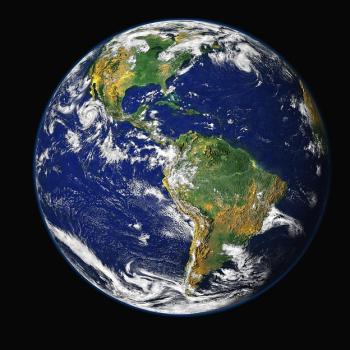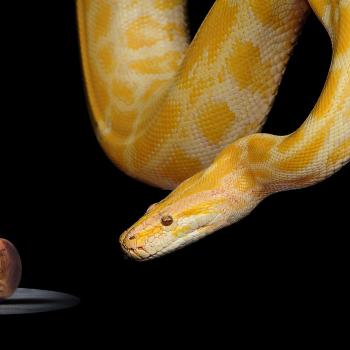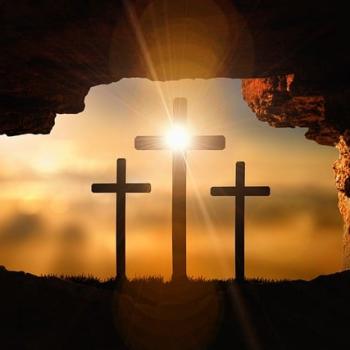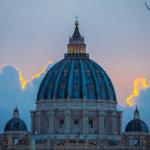From its earliest formulations, Catholic theology has attributed the traits of immutability and impassibility to God’s nature. These traits, which build on ancient Greek philosophy, form much of what can be said about the nature of God. In this essay, I will explore what immutability and impassibility mean and why these traits have been attributed to God. Finally, I will address some of the problems that immutability and impassibility present regarding Catholic Christology and soteriology. Because the distance between the... Read more





















